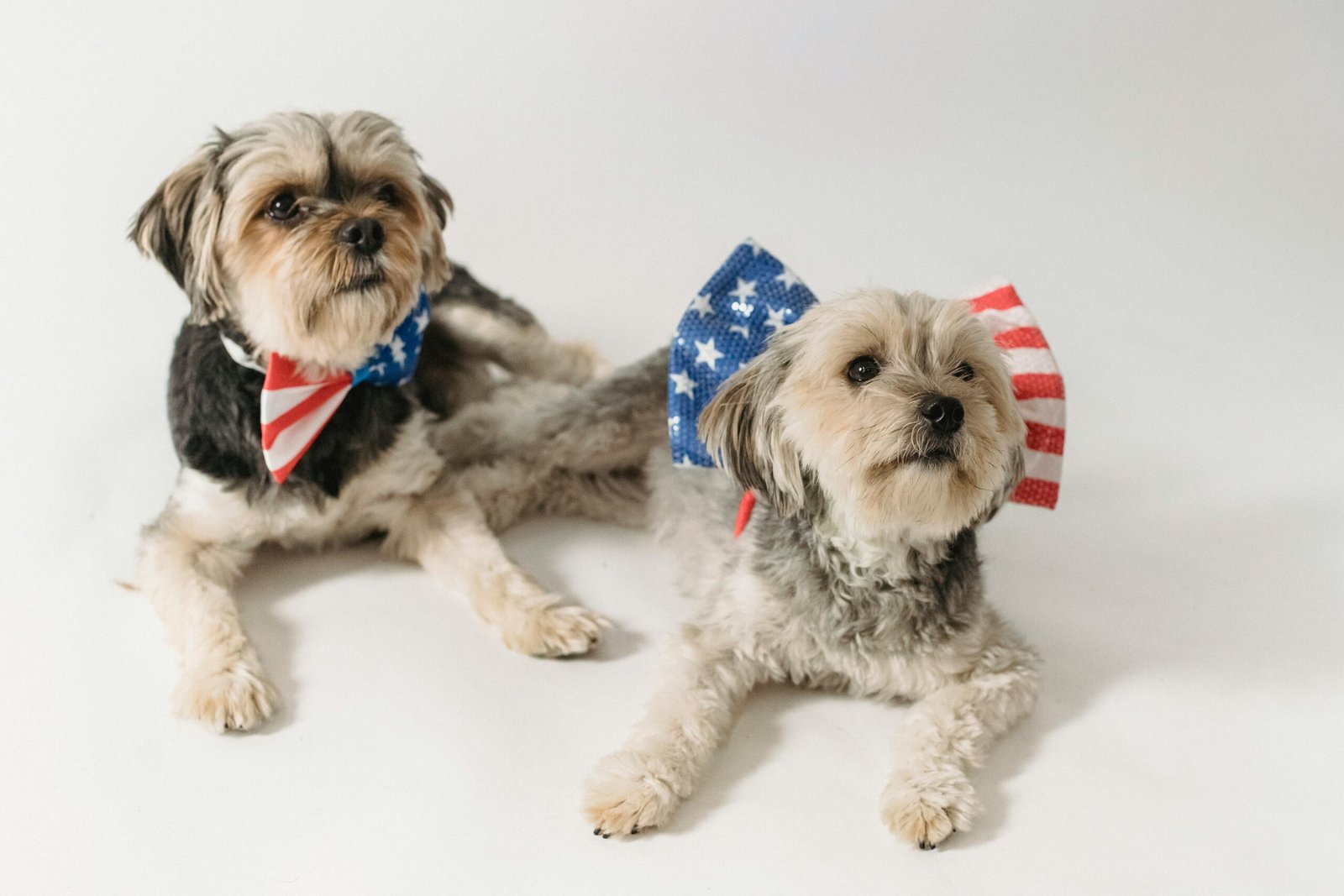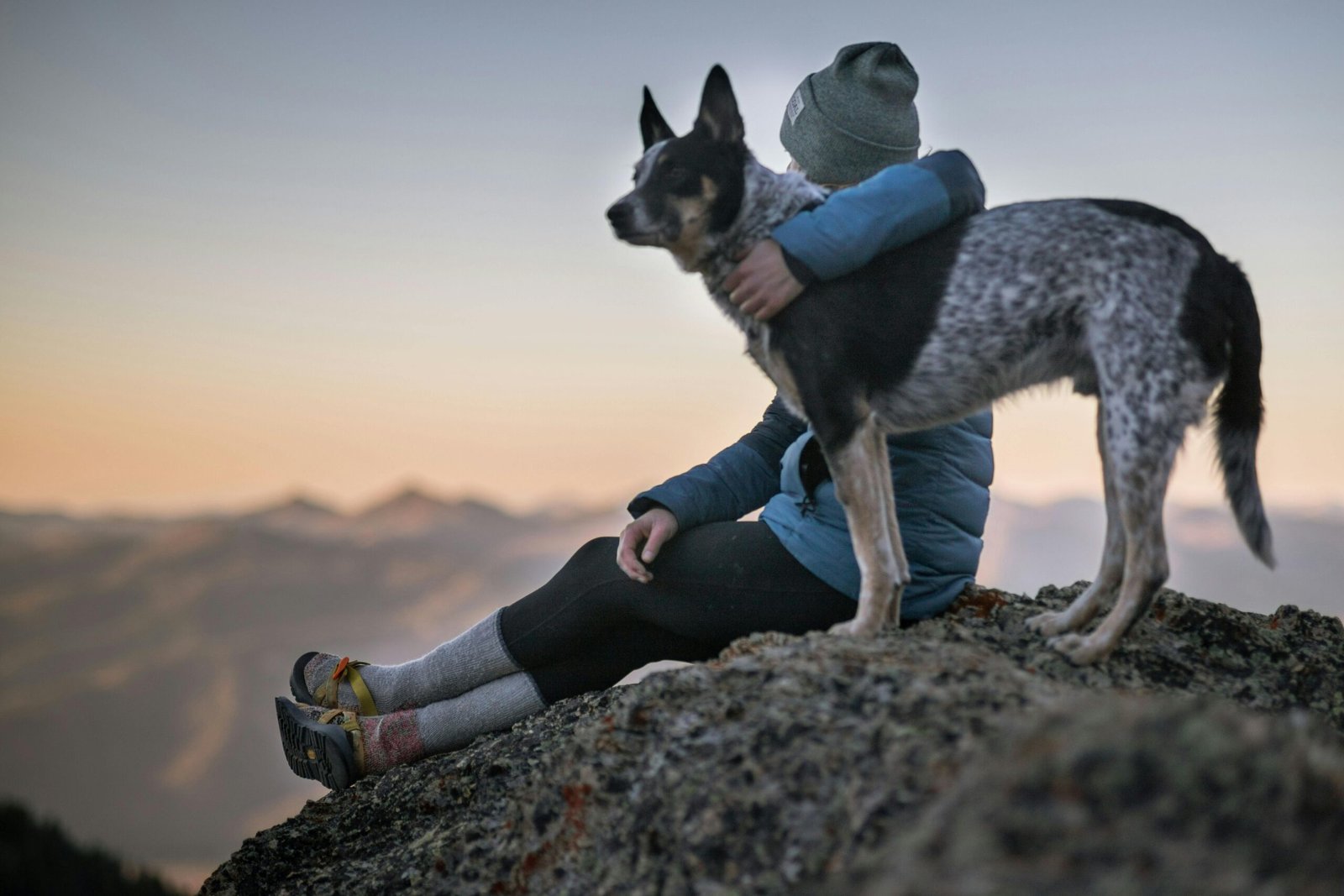The Fourth of July is synonymous with backyard barbecues, fireworks and patriotic celebrations. For many people, it’s one of the highlights of the summer. For dogs, however, it can be the most terrifying night of the year. The bright flashes, loud booms and unfamiliar smells that accompany Independence Day festivities can overwhelm a dog’s heightened senses. Every year shelters see spikes in lost pets after fireworks displays because frightened dogs bolt through open doors or leap fences. Planning ahead and following a few safety guidelines can help ensure your canine companion stays calm and secure on July Fourth.
Why Fireworks Frighten Dogs
Dogs have extremely sensitive hearing—some estimates suggest their ears are up to four times more sensitive than ours. Sudden, loud noises like thunder and fireworks can trigger a fight-or-flight response. Fireworks are particularly distressing because they are unpredictable and create unusual vibrations in the air. Dogs may associate the noise with danger and not understand that it’s harmless fun.
Fireworks also generate strong smells that dogs find unusual. The sulfurous scent of firecrackers and sparklers, coupled with smoke, can be confusing or irritating to a dog’s sensitive nose. This sensory overload causes many dogs to seek refuge. Recognizing signs of stress such as whining, panting, drooling, pacing, trembling or hiding will help you intervene before your dog reaches a panic state.
Desensitize Your Dog Ahead of Time
One of the best ways to prepare your dog for holiday noises is through gradual desensitization. In the weeks leading up to July Fourth, play recordings of fireworks at a low volume during calm moments and pair the sounds with something positive like a treat or game. Over time, increase the volume as your dog becomes more comfortable. Keep training periods short and always end on a positive note.
Watch for stress signals such as pinned-back ears, a tucked tail, yawning, lip-licking or restlessness. Combine desensitization with counterconditioning—create positive associations with the noise by offering high-value treats or engaging play whenever fireworks sounds are played. With patience, your dog learns to associate the noises with something enjoyable.
Update Identification and Microchips
July Fourth is one of the most common times for pets to go missing. Ensure your dog has a collar with current ID tags and consider a microchip for added security. Verify that the chip is registered with your current contact information. Having recent photos of your dog and vaccination records on hand can help if your pet ends up at a shelter.
Create a Safe Haven Indoors
Keep your dog indoors during the festivities. Designate a quiet, comfortable room as a safe space, close windows and curtains, and use calming music or white noise to mask the sounds. Provide familiar bedding, toys, puzzle feeders or chews. Anxiety wraps can also help, and in severe cases, consult your veterinarian about anti-anxiety options.
If possible, stay home with your dog. Your presence provides comfort and reassurance. If you must be away, consider hiring a trusted pet sitter to keep your dog company.
Control Entrances and Exits
With guests coming and going, it’s easy for a frightened dog to slip through a door. Remind visitors to close doors and gates securely. Keep your dog leashed for potty breaks, even in fenced yards. Secure windows, and place your dog in their safe space before opening doors for guests.
Avoid Fireworks, Sparklers and Grills
Never light fireworks or sparklers near your dog. Keep them indoors while neighbors set off fireworks and check your yard for debris afterward. Barbecues can also pose risks—keep dogs away from grills and avoid sharing picnic foods that are toxic or fatty. Provide pet-safe treats and plenty of water instead.
Protect Against Heat and Insects
Hot weather can quickly lead to overheating. Exercise your dog in the cooler hours of morning or evening and provide shade and water. Use pet-specific sunscreen on sensitive areas and consult your vet about safe flea, tick and mosquito preventatives. Avoid human sunscreens or insect repellents containing toxic ingredients like DEET or zinc oxide.
Comfort and Reassurance
Stay calm when fireworks start. Comfort your dog if they seek you out—gentle petting, massage and quiet words can help. Allow them to hide if they choose, and make their chosen spot comfortable. Avoid punishing fearful behavior, which only increases stress.
Clean Up After the Celebration
The morning after, inspect your yard and neighborhood for fireworks debris, food scraps or party trash that could harm your dog. Check fences for damage and resume your regular routine promptly, as predictability helps dogs feel secure.
Conclusion
By understanding why fireworks frighten dogs and preparing in advance, you can dramatically reduce their stress on Independence Day. With desensitization, secure ID, a safe haven indoors and mindful supervision during celebrations, your dog can stay safe and calm. Independence Day can be enjoyable for both you and your furry friend with careful planning and plenty of reassurance.



